Course modules
Discover the building blocks of your programme
Further guidance on modules
Modules are designated core or optional in accordance with professional body requirements, as applicable, and LJMU’s Academic Framework Regulations. Whilst you are required to study core modules, optional modules provide you with an element of choice. Their availability may vary and will be subject to meeting minimum student numbers.
Where changes to modules are necessary these will be communicated as appropriate.
Core modules
The Actor’s Practice: Acting Technique I
30 credits
30 credits
You will undertake rigorous movement and voice classes, integrating into the development of your acting technique. This is applied in an integrated scenic presentation of text-based work. We provide technical acting principles rooted in the conventions of Stanislavskian practice, including twentieth century and modern exponents, to unearth the basis for your own independent acting process. (For example, Michael Chekhov and Viewpoints). You will use your personal methodology to investigate imaginative approaches to character and environment in contemporary new writing and scene-work, as well as nineteenth century, naturalistic texts for both stage and screen. This provides the fundamentals on which you can base your more advanced technical acting skills. The movement practitioner approaches that we use include Rudolf Laban and Jacques Lecoq, which are combined with vocal approaches from Kristin Linklater and Catherine Fitzmaurice.
The Actor’s Practice: Acting Technique II
30 credits
30 credits
In term two, we deepen your understanding of performance conventions by presenting you with challenging non-naturalistic texts, such as German expressionism, French farce or TV sitcom. You will examine the nuances of expansive theatrical live performance and heightened film work and investigate approaches to solo and ensemble work through character archetypes and commedia dellarte in Epic or Greek texts. Your vocal expression is developed through working on animal studies and expanding your physical range. This helps you to further develop a fluent embodiment of acting techniques and integrate skills in a staged Shakespearean work, demonstrating heightened physical and vocal skills. This is presented in one of our studio spaces to students and staff.
The Actor’s Practice: Professional Performance I
30 credits
30 credits
In this module the training focuses upon an intensive rehearsal, technical and production process, as you embark upon a fully supported production with technical crew, set, costume, lighting, and sound design in one of the main performance venues to a public audience. Working with a professional director to further develop creative and technical skills within a professionally simulated production environment you will continue to develop an acute understanding of the industry standards required of the contemporary professional creative artist.
The Actor’s Practice: Professional Performance II
30 credits
30 credits
The industry showcase provides an opportunity to present yourself to an invited audience of agents, casting directors and creative organisations, at leading performance venues in London and Manchester. You will create and generate digital and live material across a range of genres. Under the guidance of a professional director material will be selected to showcase your versatility, casting, and marketability and introduce you to members of the creative industries.
The Actor’s Practice: Professional Performance III
60 credits
60 credits
This year-long module is a sustained Independent Research Project which forms the dissertation or practice research element of your course. Across the intensive year-long training, you will undertake research and development to identify analytical and critical components, as well as cultural perspectives, to integrate, consolidate and produce an original short-film or staged performance. The process is documented to establish your understanding of the rigours of self-generated work, as well as the creative and technical skills you will bring to the industry for the start of your professional career. This documentation contextualises your final presentation of work, exhibiting an intelligent and original engagement with your chosen subject area of an inventive, and imaginative work.
Career paths
Further your career prospects
LJMU has an excellent employability record with 96% (HESA 2018) of our postgraduates in work or further study six months after graduation. Our applied learning techniques and strong industry connections ensure our students are fully prepared for the workplace on graduation and understand how to apply their knowledge in a real world context.
Fees and funding
Entry requirements
You will need:
Qualification requirements
Alternative qualifications considered
Undergraduate Degree in a cognate area, normally at 2:1 or above or equivalent professional practice. This programme seeks to admit students who have an established level of professional practice either through employment or through recognised or appropriate training at undergraduate level. Entry will be by interview (with portfolio as appropriate) or audition. The emphasis on interview and audition allows for individual assessment. The course places emphasis on individual methodologies for critical analysis and design of research and as such supports a diverse range of applicants. Target 15 (max) - 5 (min). All classes are conducted in English. The level of proficiency in English expected is IELTS 6.5.
How to apply
Securing your place at LJMU
Your university life
From accommodation and academic support to clubs and societies. Find out what LJMU has to offer.
Talk to our students
Connect with a current LJMU student for advice and guidance on university life, courses and more.
See what our students are saying
At LJMU we want you to know you’re making the right choice by studying with us. You can see what our students are saying about their experience with us through their reviews on the following websites:
Related Links
News and views
Browse through the latest news and stories from the university
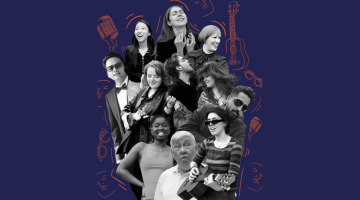
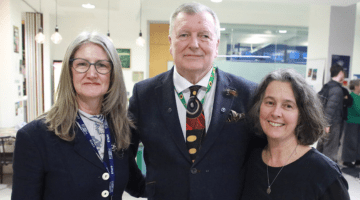
.png)
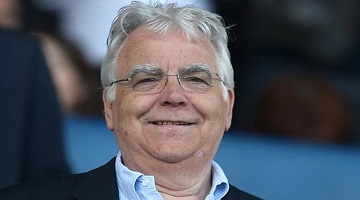
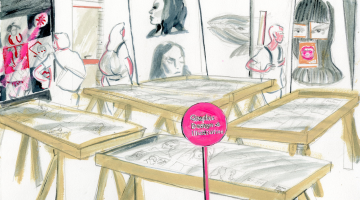
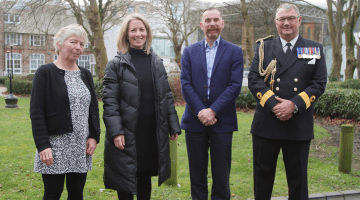
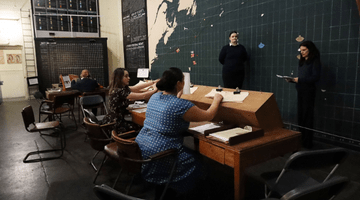
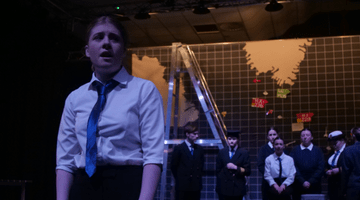
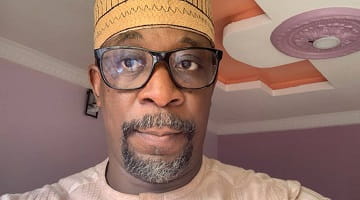
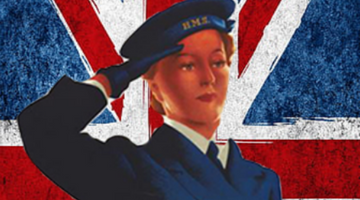
The University reserves the right to withdraw or make alterations to a course and facilities if necessary; this may be because such changes are deemed to be beneficial to students, are minor in nature and unlikely to impact negatively upon students or become necessary due to circumstances beyond the control of the University. Where this does happen, the University operates a policy of consultation, advice and support to all enrolled students affected by the proposed change to their course or module.









